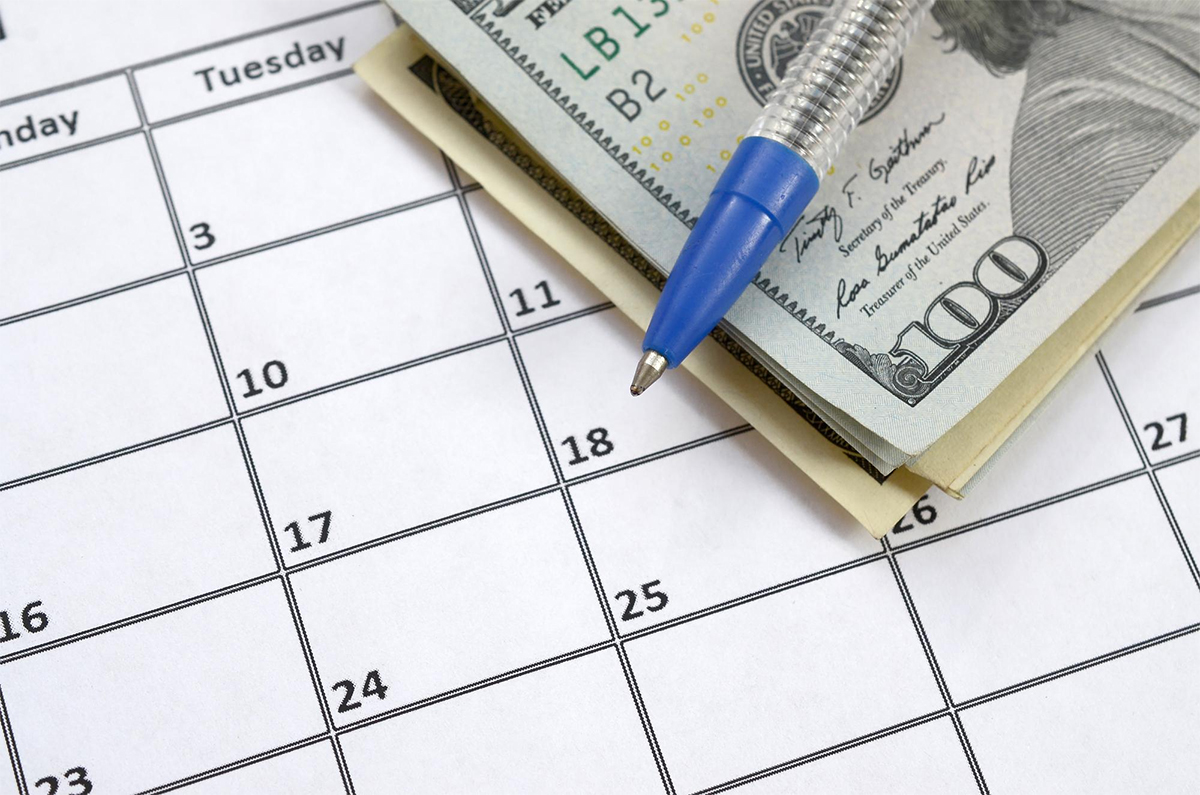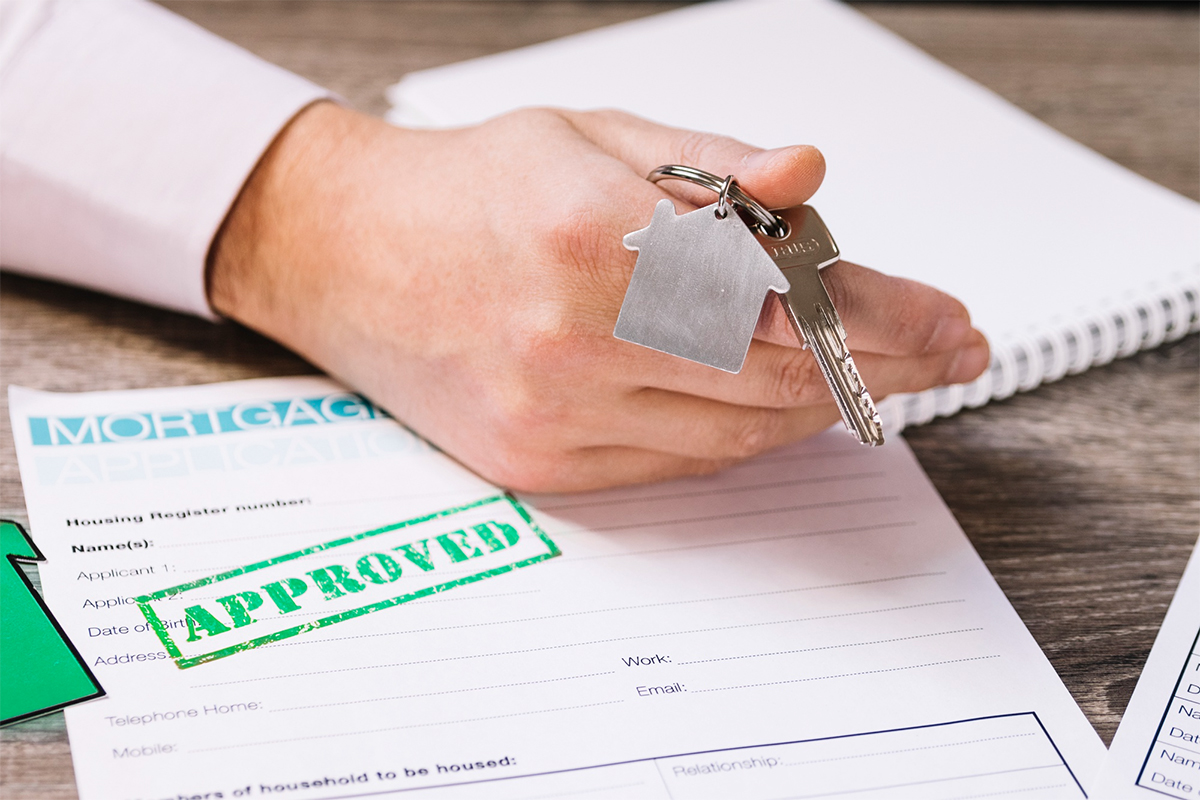Before Taking Out a Loan...
Before taking out a loan, careful consideration of various factors is essential to ensure that the financial decision aligns with your goals and circumstances. Whether you are considering a personal loan, mortgage, or any other form of borrowing, thoughtful evaluation can help you make informed choices that suit your financial needs and contribute to long-term financial well-being.
In this discussion, we explore key considerations to keep in mind before deciding to take out a loan.
How Long Will I Have to Pay Back the Loan?
For many types of loans, especially those obtained for large purchases such as a house or car, the terms of the loan will dictate the time frame for repayment. Mortgages, typically come with repayment periods of 15 or 30 years, while auto loans may have terms ranging from 3 to 7 years. Personal loans, on the other hand, often have shorter repayment periods, typically anywhere from 1 to 5 years.
The length of your repayment period can have a significant impact on your monthly payment amount. A longer repayment period typically means lower monthly payments, but it also means paying more in interest over the life of the loan. A shorter repayment period means higher monthly payments, but less money paid in interest over time.
If you’re able to make larger or extra payments on the loan, you may be able to pay it off more quickly and reduce the overall amount of interest paid.

How Much Will I Pay in Interest?
The amount of interest you will pay depends on several factors, including the interest rate, the principal amount borrowed, and the length of the loan or credit card balance. The interest rate is the percentage of the principal amount that the lender charges as interest. The higher the interest rate, the more you will end up paying in interest over time. [1]
The principal amount borrowed is the initial amount of money that is borrowed or the outstanding balance on a credit card. The larger the principal amount, the more you will end up paying in interest. The length of the loan or credit card balance also plays a significant role in determining the amount of interest you will pay. The longer the repayment period, the more interest will accrue over time.
Can I Afford the Monthly Payment?
To determine whether you can afford the monthly payment, take a close look at your current financial situation. This means taking stock of your income, expenses, and any other financial obligations you may have. Understanding your financial picture will give you a clearer sense of what you can realistically afford.
Consider not only the monthly payment itself, but also the overall cost of the purchase. When buying a car, it’s important to consider additional expenses such as insurance, maintenance, and fuel costs. For a house, factors such as property taxes, homeowners insurance, and potential repairs and maintenance should also be factored into your budget.
When considering whether you can afford the monthly payment, think about the long-term implications. Will the purchase put a strain on your finances, or will it leave you with enough breathing room to comfortably cover your other expenses and save for the future?

Do I Have a Good Enough Credit Score?
The answer depends on the type of credit you’re applying for and the lender’s specific requirements. Credit scores range from 300 to 850, with higher scores indicating better creditworthiness.
For most lenders, a credit score above 700 is considered good, while scores above 750 are considered excellent. If your score falls below 700, you may still qualify for credit, but you might not receive the best terms and interest rates.
To determine if you have a good enough credit score, you can start by checking your credit report and score. You’re entitled to a free copy of your credit report from each of the three major credit bureaus (Equifax, Experian, and TransUnion) once a year. You can also access your credit score for free through various credit monitoring services and financial institutions.
Are There Any Hidden Fees?
When considering a loan, there are a number of potential hidden fees that borrowers should be aware of. Some common hidden fees include:
- Origination Fees: Some lenders charge a fee for processing the loan, often a percentage of the total loan amount. [2]
- Prepayment Penalties: Some loans may have fees for paying off the loan early, which can make it more expensive to refinance or pay off the loan sooner than the agreed-upon term.
- Late payment Fees: Lenders may charge a fee if a borrower makes a late payment, adding to the overall cost of the loan.
- Application Fees: Some lenders charge a fee for the loan application, regardless of whether the application is approved or not.
- Underwriting Fees: These fees cover the cost of assessing the borrower's creditworthiness and ability to repay the loan.
- Broker Fees: If you use a loan broker to find a loan, they may charge a fee for their services.
- Insurance Fees: Some loans require the borrower to purchase specific insurance, such as private mortgage insurance or loan protection insurance, which adds to the total cost of the loan.

How Do You Plan to Pay The Loan Off?
When considering taking out a loan, have a clear plan for how you intend to pay it off. Here are some steps you can take to plan for paying off a loan:
- Assess Your Current Finances: Take a close look at your current income, expenses, and overall financial situation. Consider whether you have any existing debts or financial obligations that may impact your ability to make loan payments.
- Create a Budget: Develop a detailed budget that outlines your monthly income and expenses. This will help you understand how much money you have available to allocate towards loan payments.
- Evaluate the Loan Terms: Carefully review the terms of the loan, including the interest rate, repayment period, and any associated fees. This will give you a clear understanding of the total cost of the loan and the monthly payment amount.
- Consider Your Future Income: If you anticipate changes in your income or financial situation in the future (such as a salary increase or other sources of income), factor this into your plan for repaying the loan.
- Explore Repayment Options: Some loans offer flexible repayment options, such as bi-weekly payments or early repayment without penalties. Consider how these options may fit into your plan for paying off the loan.
- Create a Repayment Strategy: Once you have a clear understanding of your finances and the loan terms, develop a specific plan for making loan payments. Determine how much you can afford to pay each month and establish a repayment schedule.
- Establish an Emergency Fund: It's important to have a financial safety net in place to cover unexpected expenses or emergencies, which can help ensure that you can continue making loan payments on time.
Research and Compare Lenders
There are numerous financial institutions and online lenders offering a wide range of loan products, and each one has different terms, rates, and requirements. To ensure that you get the best deal on your loan, take the time to research and compare lenders before committing to a loan offer.
One of the first steps in researching and comparing lenders is to determine what type of loan you need and what terms you’re looking for. If you’re in the market for a mortgage, you’ll want to consider factors such as the interest rate, the length of the loan, and the type of loan (e.g. fixed-rate or adjustable-rate).
If you’re looking for a personal loan, you’ll want to look at factors such as the interest rate, the loan amount, and the repayment terms. Understanding your specific needs and preferences will help you narrow down your options and focus on the lenders that are best suited to your situation.
There are a few key factors to consider when evaluating lenders, including their reputation, customer service, and their loan products. You’ll want to look for lenders with a solid reputation for providing competitive rates and transparent terms. Consider the lender’s customer service and whether they offer flexible repayment options or other perks that may be important to you.

Contact Frego Law today for a consultation if you’ve found yourself too deep in debt and require an understanding bankruptcy lawyer based in Michigan.
Sources:
[1] Porter, K. (2022, June 7). 5 things to do before you take out a loan. Intuit Credit Karma. https://www.creditkarma.com/personal-loans/i/take-out-loan
[2] DeMatteo, M. (2024, January 2). 10 questions to ask before you take out a personal loan. CNBC. https://www.cnbc.com/select/questions-before-taking-out-personal-loan/




